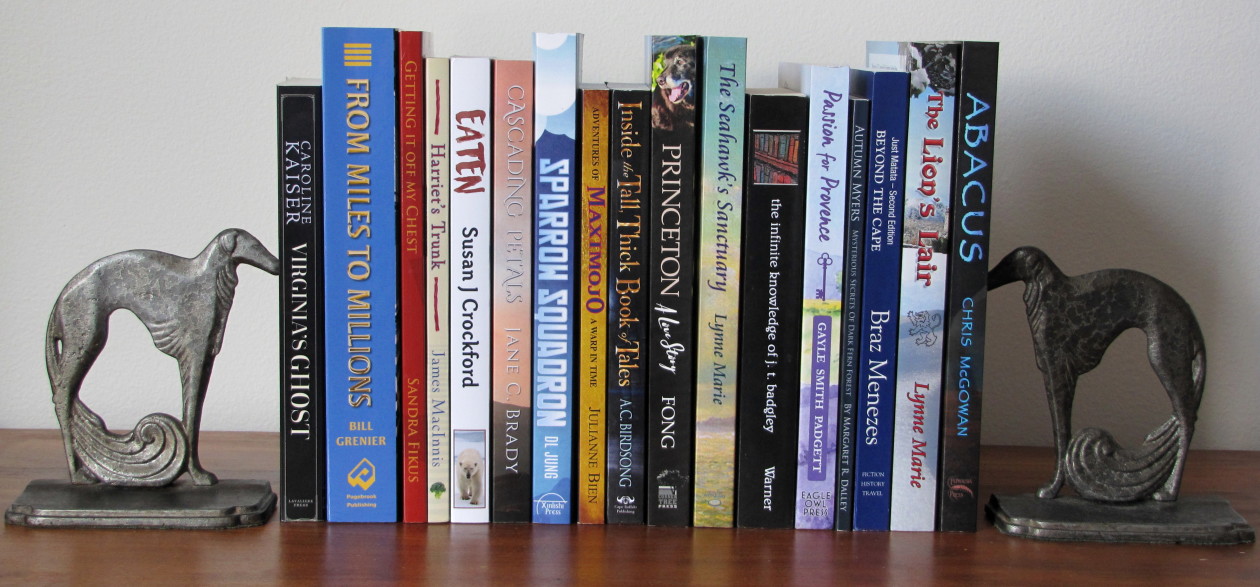One unfortunate trap that beginning writers tend to fall into is using formal language in a context that calls for more ordinary words. I’ve made up a rather extreme example of this sort of slip-up in diction to illustrate what it looks like at its worst:
“What’ll you have?” Betsy asked. She wiped the cheap arborite table clean and glared at Mavis, who had been taking way too much time making up her mind. Why couldn’t the old bat hurry up?
“I’m not sure.” With watery blue eyes, Mavis looked up at Betsy. “Got any ideas?” She combed her thin, ratty hair into place with her fingers.
“Coffee and a blueberry danish? Ain’t that your usual?” Betsy hoped that she’d just quit her stalling and agree to it already.
Mavis perused the luncheon menu. “On the contrary, I much prefer tea. Might you endeavour to expedite my request?” she inquired politely.
The last paragraph will have readers wondering if Mavis has forgotten she’s in an ordinary diner and has suddenly developed a delusion that she’s a character in Downton Abbey and is meeting with the Crawley family in their parlour to have afternoon tea. This unwelcome intrusion of the stuffy voice into a story that is otherwise written in very plain, everyday English is jarring to say the least. Try reading the scene aloud. Did you hear the clunking noises as the words of the last paragraph hit your ears?
There’s absolutely nothing wrong with fancy words; no doubt the English language would be impoverished without them. But it’s vital that writers understand when it’s appropriate to use them, and when using them is overreaching. Sometimes it’s an ego issue–writers like to impress with their extensive vocabularies and often think that the bigger the word, the better. But inflating the language when it’s clearly inappropriate to do so is always an error in judgment, and readers will always think more highly of writers who use a level of diction that suits their context. Throwing highfalutin words around where they don’t belong doesn’t make writers look smarter–in fact, quite the reverse is true. Writers need to toss the thesaurus aside and write with an ear to what sounds natural in the particular fictional world they’re trying to create.
With that in mind, I’m revising that last paragraph in the vignette about Betsy and Mavis:
Mavis looked at the menu. “Actually, I’d like some tea. Could you hurry, please?” she asked.
I hope you agree that this does the job, and in a way that suits the sort of ordinary people Mavis and Betsy are and the unpretentious world they occupy.

 Follow
Follow